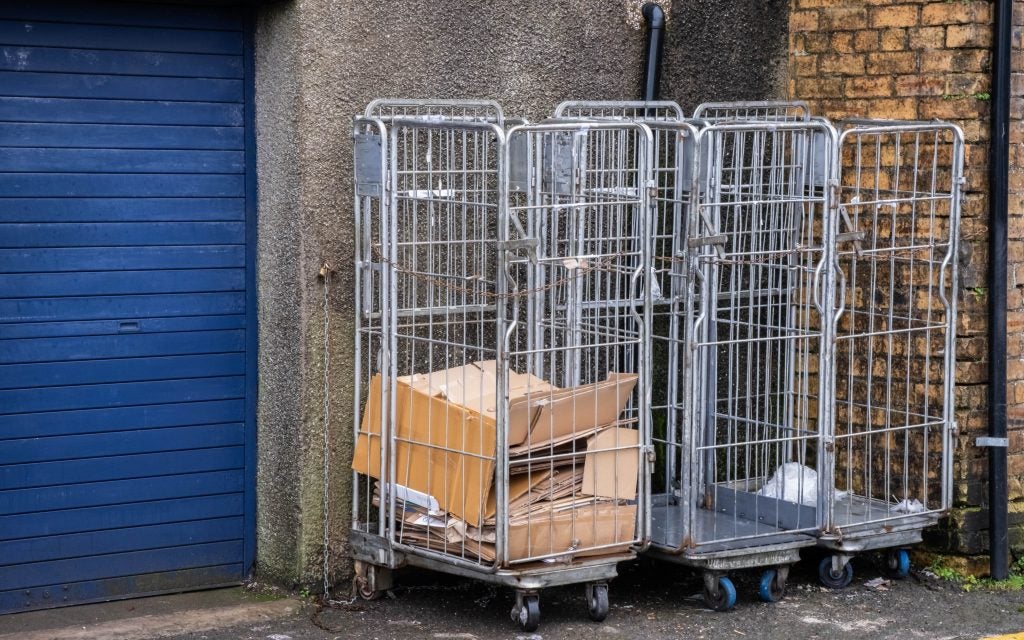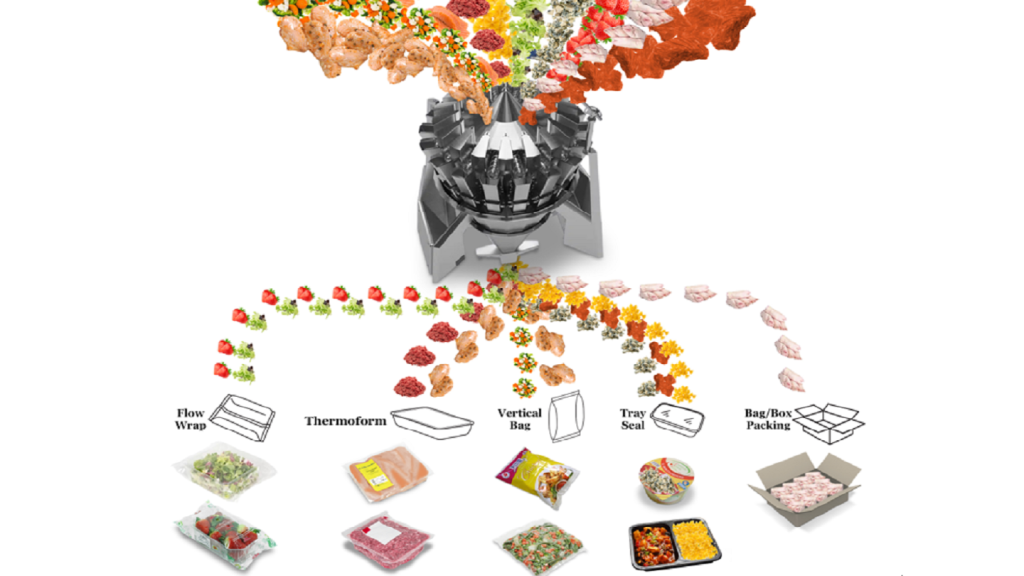A recent investigation has raised significant concerns regarding the effectiveness of flexible plastic recycling in the UK, particularly through supermarket collection schemes.
According to a report released on 1 October 2024, tracking data from Everyday Plastic and the Environmental Investigation Agency (EIA) revealed that around 70% of flexible plastic packaging collected from Sainsbury's and Tesco was ultimately incinerated for energy recovery, rather than being recycled
Misleading recycling claims
This investigation tracked 40 bundles of soft plastic packaging dropped off at front-of-store collection points, only to find that the majority did not undergo proper recycling processes.
Instead, much of the plastic waste was sent for incineration, raising alarms about the integrity of supermarket recycling initiatives
Environmental advocates have accused major retailers of misleading consumers about the true fate of their recyclable materials. They argue that the marketing of these collection schemes diverts attention from the need to significantly reduce plastic production and encourage sustainable packaging solutions
The British Plastics Federation has echoed these sentiments, emphasising that while energy recovery from plastic waste is beneficial, it is not the ideal solution.
The organisation advocates for a focus on keeping materials in use for as long as possible, promoting recycling over incineration whenever feasible
The need for advanced recycling solutions
The report highlights an urgent need to enhance the UK’s recycling infrastructure, particularly for flexible plastics, which pose unique challenges due to their lightweight and complex nature.
Many in the industry argue for the government to allocate funds raised from the Plastic Packaging Tax to develop advanced recycling technologies. These technologies would enable the recycling of more 'soft' plastics within the UK, thereby reducing reliance on energy recovery methods
Experts suggest that rather than merely relying on existing systems, there should be a concerted effort to invest in long-lasting packaging solutions.
Notably, successful reusable packaging models are emerging, demonstrating that alternatives to single-use plastics can be both practical and environmentally friendly
Moving towards sustainable practices
The recent findings have reignited the debate over plastic waste management and recycling strategies.
Advocacy groups are calling for more stringent regulations on plastic production, urging the UK government to commit to substantial reductions in single-use plastics and to consider bans on unnecessary plastic packaging.
As part of these efforts, campaigners propose that the government supports a global reduction in plastic production, targeting a 40% decrease by 2040
This report serves as a critical reminder of the complexities surrounding plastic recycling and the pressing need for systemic change in how we manage plastic waste.
As public awareness grows, there is hope for more sustainable practices to emerge, ensuring that future generations are not burdened by the plastic waste crisis.
For more insights into the findings and implications of this report, visit Circular Online and Everyday Plastic.













